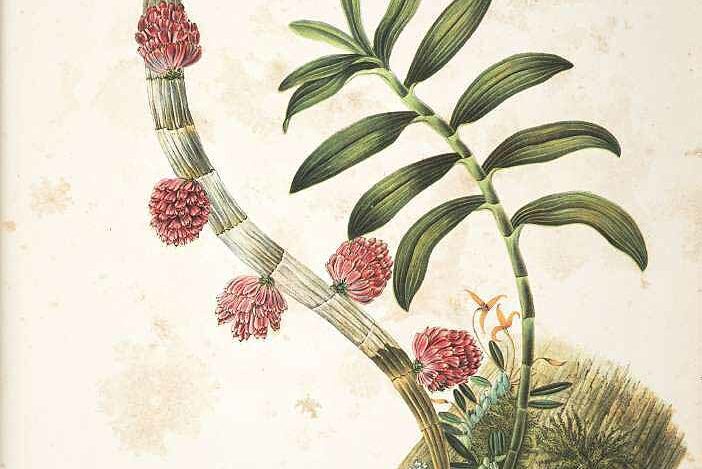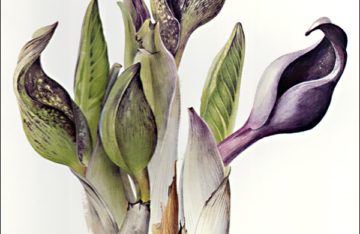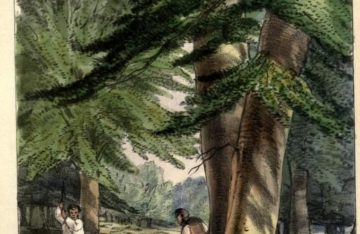Jean Hyppolite (Introduction to Hegel’s Philosophy of History, 1948, chap. 3) postulates that if natural religion concerns human reason’s direct connection with the divine, then ‘positive’ or historic religion is the totality of beliefs, rules and rites imposed by the outside world onto individuals in a given society at a given point in history.
Michel Foucault (student of the latter) investigates the way in which ‘positivities’ or ‘apparatus’ (dispositives) behave within relations and power structures (Dits et écrits [Quotations and Writings], III, pp. 229). An apparatus is a ‘formation’ which at a given moment responds to a need. Its function is strategic: to manipulate power relations, to purposefully intervene to develop them in a certain direction or to block them altogether.
Georgio Agamben (What is an apparatus? 2006 and Payot & Rivages, 2007) reinterprets Foucault. Nowadays apparatus are everywhere. They are in technology (the Fukushima plant, the McAir I am using to write), finance (shell corporations in the Cayman Islands), commerce (the contract binding me to my smartphone), policing (biometric passport controls), religion (holy areas and related services) and culture (the act of forming, living). In contrast to our illusion of freedom, apparatus seize and subjugate us without limits. An apparatus’ development corresponds to the development of the subjectification process, which transforms personal identity into a marketing masquerade. Apparatus are not bad per se: but they exercise a power that ought to be removed and accessed by everyone.
Jean-Claude Rouchy (in Connexions, n° 41) observes that whilst it is being formed, the apparatus is the structure in which personal interactions will take place: the totality of elements defining the relationship with time and reality (duration, instructions, rules, payment methods etc.). It is the setting and includes, beyond the formal framework, interiorised boundaries. It is an artefact, let us not forget: from an early stage each apparatus registers the countertransferential dimension of the person who established it.
Commentary
There are users of well-known apparatus in the world of art. Sophie Calle, for instance, on whom Paul Auster based his character “Maria” in Leviathan (1992 and Actes-Sud, 1993, for the French translation). For me personally, François Bon’s marvellous Paysage Fer [Iron Landscape] (Verdier, 2000) stands out. He was invited to hold writing workshops in Nancy and so the author wrote the book by setting himself rules: he observed landscape during a finite number of (one-way) train rides; he regulated his writing process and execution; he carried out research as if for a documentary etc.
Creating a piece of work therefore evokes – whether it is outwardly acknowledged or not – the apparatus that made it possible: it connects the author with the page and the outside world. Writers have started to set down the conditions of their own creations. Francis Ponge prepared his poetry “bombs” in his mother’s house, the Surrealists practiced “sliding” or collaborative automatic writing in Paris, Georges Perec attempted to exhaust a location in Paris and Annie Ernaux revisited her “happening”.
The writing workshop is an apparatus. It puts our relationship with knowledge and power into play. For a few hours or a few years it “subjugates” people who are ultimately aiming for a paradoxical autonomy. Like provisional mediations, we must question implementing support programmes and constructing cognitive approaches that are likely to end up in lasting misunderstandings, endless transfers or incurable addictions. We point our finger at the moon of writing, but our students, and all too often we ourselves, risk only seeing the pointed finger of the apparatus: the workshop and our helpful “writing suggestions”. We must, therefore, never forget that the outlook of each workshop is the (symbolic) death of the teacher, the (solitary) work of the participants and the sharing (in a social setting) of their work. Our role is to accompany them from our workshop towards a personal apparatus of creative writing.
Alain ANDRÉ





